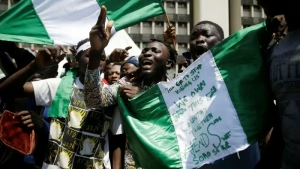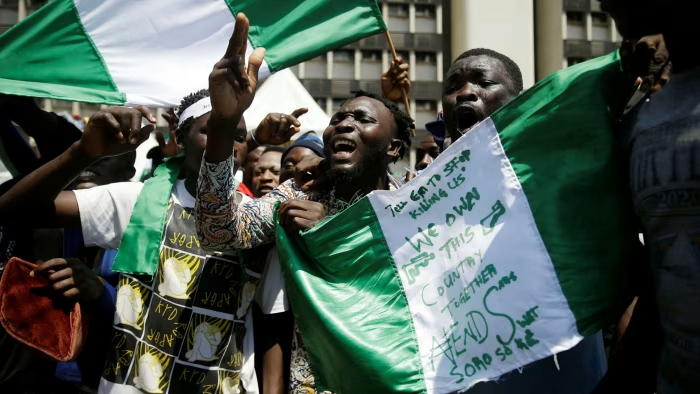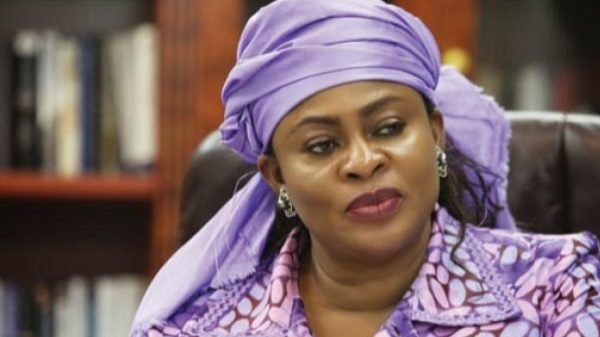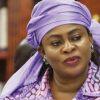Nigerians have taken to the streets to protest the severe economic conditions under President Bola Tinubu’s administration. On Monday, demonstrators in Suleja rallied against rising inflation and other economic hardships that have made life increasingly difficult for many citizens.
The protests are part of the #EndBadGovernance movement, which seeks to highlight the adverse effects of President Tinubu’s economic policies. This movement is gaining traction and is scheduled to officially kick off on August 1. Protesters hope to draw national and international attention to their plight and pressure the government to implement more favorable economic policies.
A traveler passing through Suleja reported the protests to Peoples Gazette on Monday afternoon. The scene was described as tense but orderly, with demonstrators holding the Nigerian flag and chanting slogans against the current administration. “The economic situation is unbearable,” one protester said. “We can barely afford basic necessities, and it feels like the government is doing nothing to help us.”
Inflation has been a significant issue under President Tinubu’s tenure, with prices of essential goods and services skyrocketing. Many Nigerians are struggling to make ends meet as their purchasing power diminishes. The National Bureau of Statistics recently reported that inflation rates have reached a new high, impacting everything from food prices to transportation costs.
The #EndBadGovernance movement is reminiscent of the #EndSARS protests in 2020, where citizens rallied against police brutality and bad governance. This time, the focus is on economic issues, but the underlying sentiment remains the same: a demand for better governance and accountability from those in power.
In recent months, there has been growing discontent among Nigerians over the government’s handling of the economy. Critics argue that President Tinubu’s policies have disproportionately affected the poor and middle class while benefiting the wealthy. They point to the removal of fuel subsidies and the devaluation of the naira as measures that have further strained the financial situation for ordinary Nigerians.
Economic experts have also weighed in, suggesting that the government needs to adopt more inclusive and sustainable economic policies. “The current economic approach is not working for the majority of Nigerians,” said Dr. Chike Obi, an economist at the University of Lagos. “We need policies that promote job creation, support small businesses, and protect the most vulnerable in our society.”
The protests are expected to spread to other parts of the country in the coming days, with organizers calling for nationwide participation. Social media has played a crucial role in mobilizing support and spreading awareness about the protests. Hashtags like #EndBadGovernance and #TinubuMustGo are trending, reflecting the widespread dissatisfaction with the current administration.
As the August 1 kickoff date approaches, the government faces mounting pressure to address the protesters’ demands. So far, there has been no official response from President Tinubu or his administration regarding the protests. However, analysts believe that the government’s reaction in the coming days will be critical in determining the movement’s trajectory.
The international community is also watching closely. Human rights organizations have expressed concern over the economic situation in Nigeria and the potential for escalating tensions. They are urging the Nigerian government to engage in dialogue with the protesters and address their grievances peacefully.

















































































































